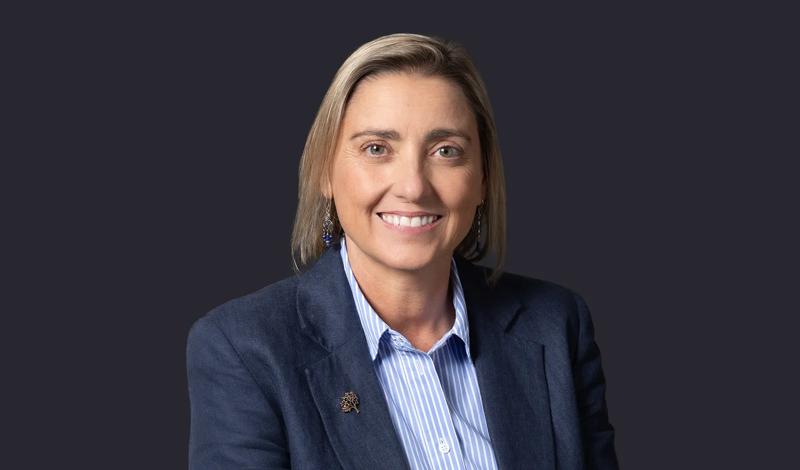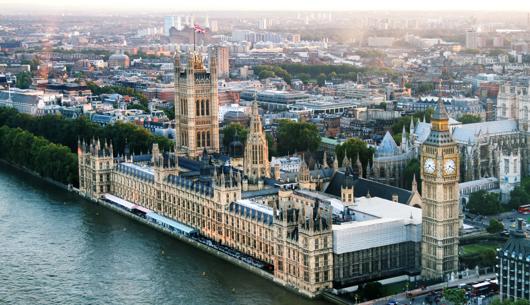The Mental Health Bill, first introduced to Parliament in November 2024, is progressing through its final legislative stages and is expected to become law soon. This comprehensive guide answers key questions about the Bill's timeline, major reforms to the Mental Health Act and recent amendments.
When will the new Mental Health Bill become law?
It’s not clear yet. The new Mental Health Bill was first introduced in Parliament on 6 November 2024. It started its journey in the House of Lords, where members debated its key principles and identified sections requiring revision. In April 2025, the Bill progressed to the House of Commons, affording MPs the opportunity to further debate and amend its provisions. The Bill passed the report and third reading stages in the Commons on 14 October 2025.
The Bill is now in its final stages. It will be reconsidered by the House of Lords, who will either agree with or contest the amendments made by the Commons. It is likely that disagreements will arise and so a process commonly referred to as 'ping pong' will ensue, where the Bill goes back and forth between both Houses until consensus on the wording of the Bill can be achieved. Only once the exact wording has been agreed can the Bill receive Royal Assent and become law.
It’s not possible to determine precisely how long the remaining legislative process will take.
Will there be a new Mental Health Act?
The Bill does not introduce a new Mental Health Act – rather, it makes changes to the existing legislation, i.e. the Mental Health Act 1983 (MHA). When the Bill was first introduced to Parliament in November 2024, we published an article outlining several key changes that the Bill would make to the existing MHA. Although the House of Lords subsequently made some amendments to the Bill, most of these changes were later reversed by the House of Commons. Therefore, the information in our earlier article regarding the Bill’s key provisions remains accurate as of October 2025.
Has the Bill changed at all since it was introduced in November 2024?
Yes, some proposed changes to the Bill have been accepted. The current version of the Bill can be found on the Parliamentary website. One key change is the introduction of a new clause, which extends the remit of the Human Rights Act 1998 (HRA) so that private providers need to act compatibly with the HRA when providing certain services arranged or paid for by public authorities.
These services include after-care services under section 117 MHA and medical treatment or assessment in relation to mental disorder for an in-patient at a hospital, where it is arranged or paid for by an NHS body.
Were any proposed new clauses rejected?
Yes. A House of Lords amendment proposed allowing a new category of “authorised person”, including medical practitioners, Approved Mental Health Practitioners and mental health nurses, to exercise powers under sections 135 and 136 of the MHA, which are currently reserved for police. Supporters said this would reduce police presence at mental health incidents. However, groups such as the British Association of Social Workers and several Royal Colleges warned that transferring police powers to healthcare professionals would risk damaging therapeutic relationships with patients. The Commons committee ultimately rejected the proposal.
Another proposal would have required an independent investigation whenever a patient dies whilst detained under the MHA. This suggested clause was later withdrawn following debate.
A separate proposal to establish a Mental Health Commissioner, aimed at promoting mental health and tackling inequalities, was also rejected. The government’s view was that creating a new body might duplicate the functions of existing organisations.
Will any further changes be made to the Bill?
Possibly. Changes may still be made during the remaining stages of the legislative process, whilst the Houses try to resolve their differences on the Bill.
During the Bill's initial passage through the Lords, Peers inserted four groups of amendments against the government's wishes, which were subsequently removed during committee stage in the Commons. Any further amendments are therefore likely to arise in the following areas:
- Extension of police powers under sections 135 and 136 MHA to health professionals: As detailed above.
- Duration of community treatment orders (CTOs): The Lords wanted to impose a 12-month maximum duration on CTOs, which the government rejected.
- Nominated persons for those under 16: The Lords wished to establish a hierarchy for the appointment of a nominated person for children under 16, who lack competence to choose their own, which the government did not agree with.
- Post-discharge debriefing: A requirement for mental health patients to be 'de-briefed' within 30 days of their discharge from hospital was considered too burdensome.
Once the Bill receives Royal Assent, will all the changes be enacted at once?
No, they won’t be. The government has said that full implementation of the Bill is expected to take around ten years – this timeframe is designed to allow services adequate time to train and recruit staff and to ensure funding is available to deliver the new provisions.
The Minister for Care, Stephen Kinnock, has previously provided the following indicative timings on the implementation of the Bill:
- Drafting and consulting on the code of practice would be “first priority” after Royal Assent and is expected to take about a year.
- Secondary legislation will be developed alongside the code.
- Training the workforce on the new Act, regulations and code would likely happen in 2026 and 2027.
- The first major reforms, such as those relating to grounds for detention and nominated persons, would follow the training in mid-2027.
- Reforms increasing the frequency of tribunals would be expected in 2028 – 31, following expansion of the workforce and improved community support.
Contact us
If you have any further questions please get in touch with our specialist mental health team to learn more.










































